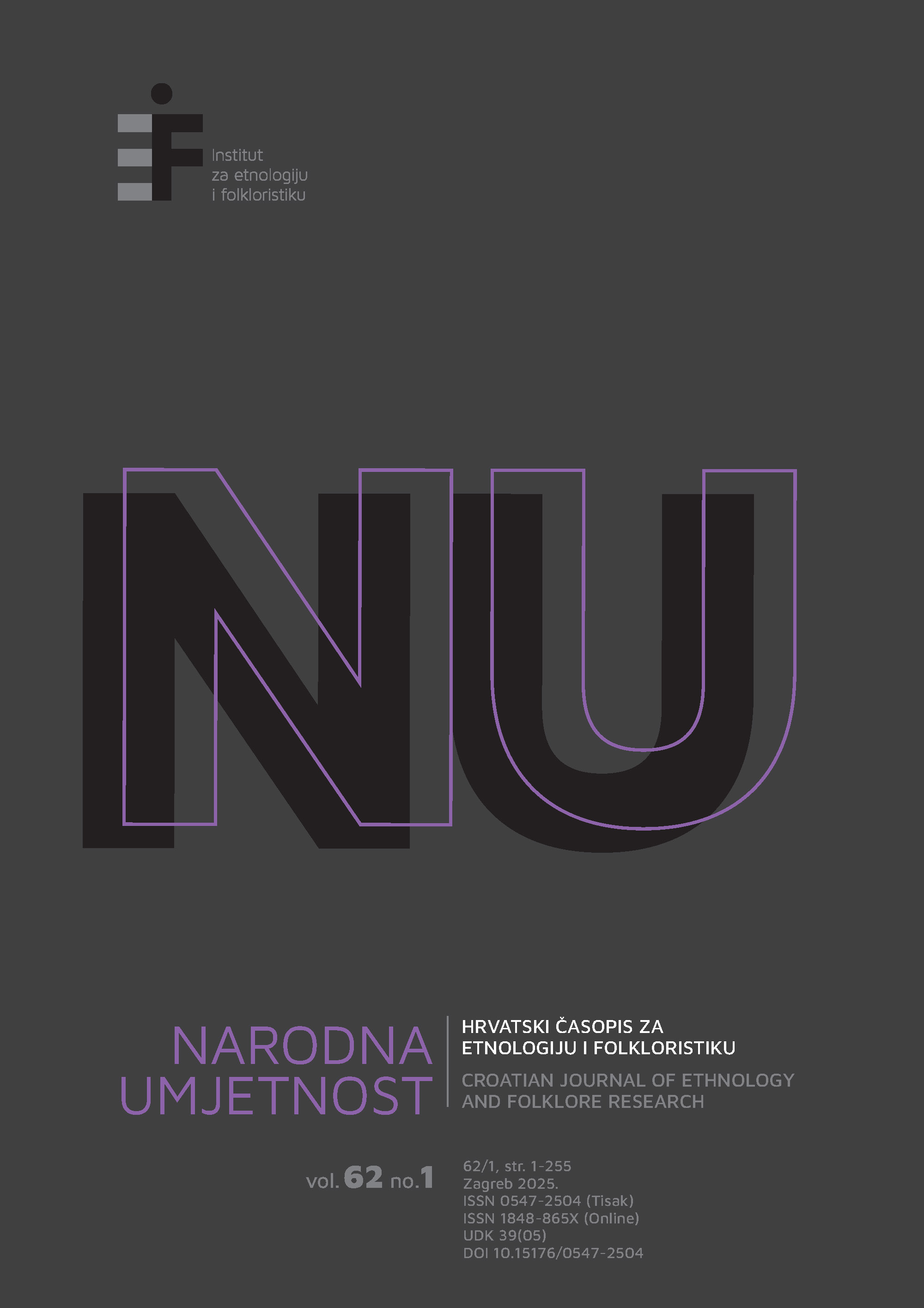From Golokaust to Happylogue: Meaning-creation Practices in Jewish Identity Building. The Case of Ženi Lebl
Sažetak
This article examines the case of Ženi Lebl (1927–2009), a Yugoslav Jew, communist activist, Holocaust survivor, and prisoner of the Goli Otok camp for political opponents of the Yugoslav Communist regime; Lebl emigrated to Israel in 1954. Her writings (including scholarly texts, ego-documents, poems, and letters) and cultural activities allow us to reconstruct the process by which Lebl’s identity evolved over time. The research questions are: 1) How do her writings express the issues of Jewish, Yugoslav, and women’s self-awareness and identity? and 2) When and under what social circumstances did she begin writing texts focused on the history of Jewish traditions in Yugoslavia? The article presents a comprehensive picture of Ženi Lebl, analyzing her as a representative of a minority group existing on the borders of many different divisions. Through a chronological reconstruction of her biography, considering the historical and cultural context, we can observe how the author’s identity, with all its complexities and ambiguities, was shaped and changed. The analysis enables us to understand the pivotal role Lebl played as a woman writer in sustaining and transmitting the Jewish history of the Yugoslav region and allows us to examine the unique hybridity of the local Jewish Yugoslav community.
Ključne riječi: Ženi Lebl, Yugoslav Jewish woman, Israel, identity, minority
Preuzimanja
Objavljeno
Broj časopisa
Rubrika
Licenca

This work is licensed under a Kreativni Commons Attribution-NonCommercial-NoDerivatives 4.0 International License.

